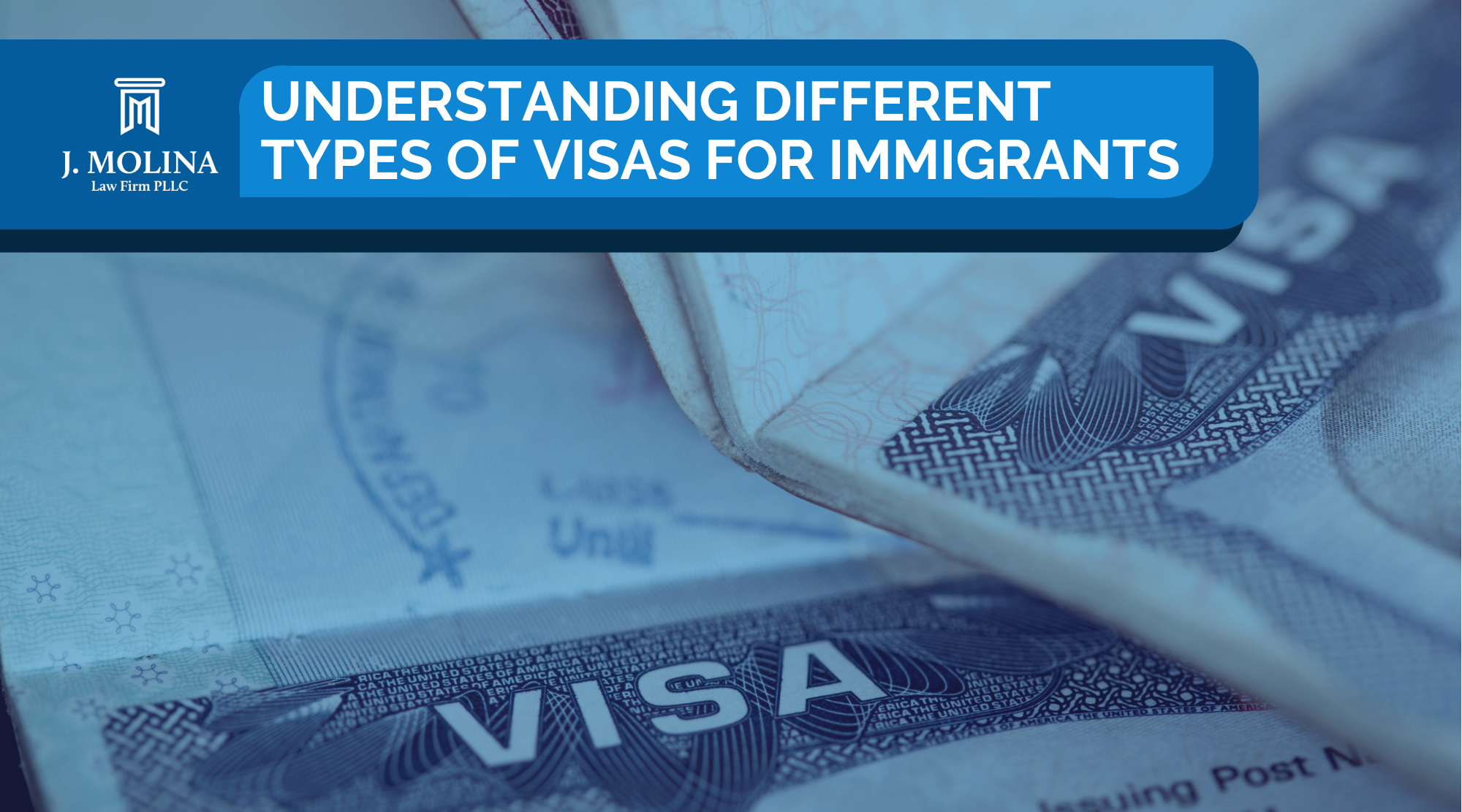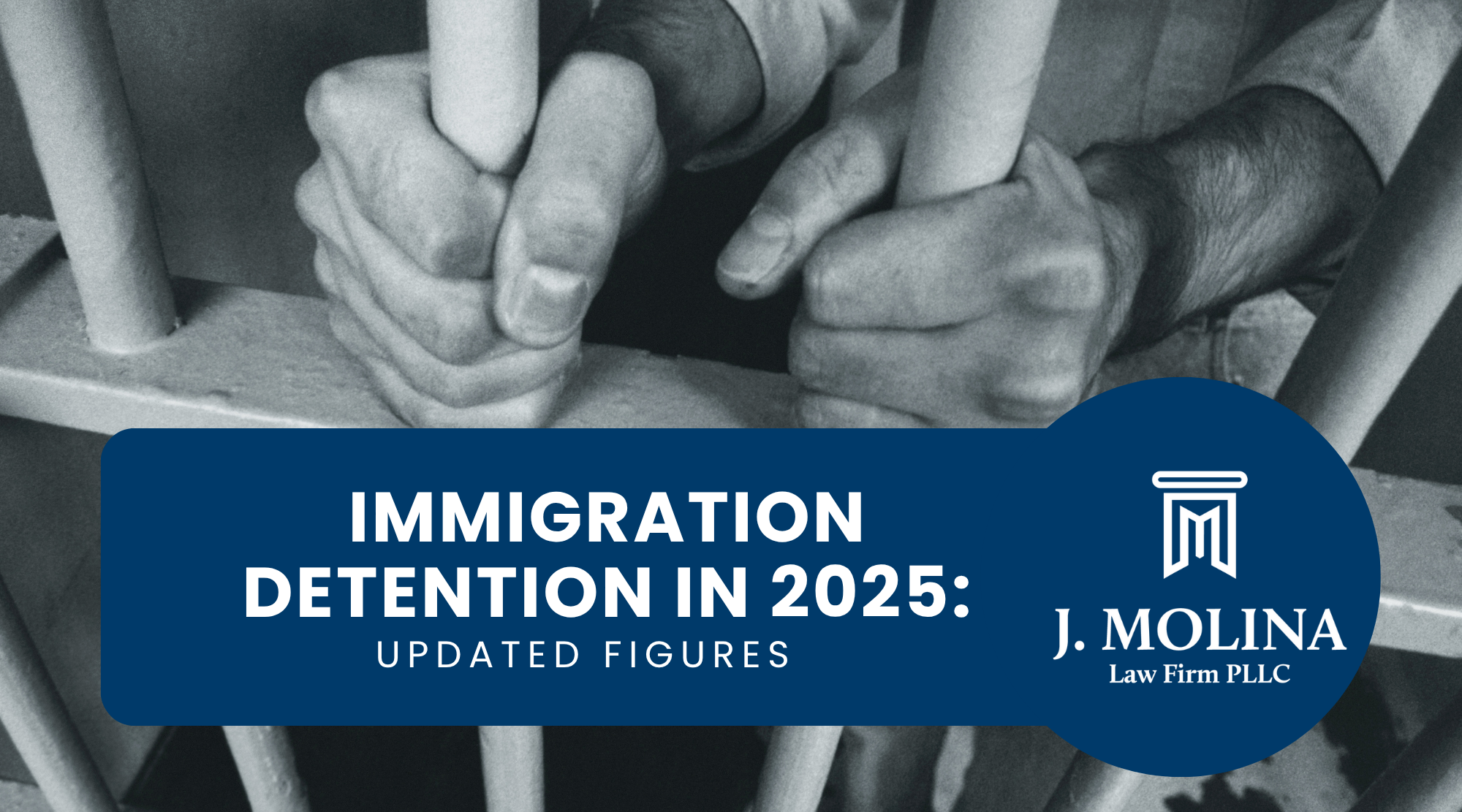The journey to live and work in the United States begins with understanding the different types of visas available for immigrants. Navigating the options can feel overwhelming, especially for those new to immigration law. However, by learning about the main visa categories, you can better determine the right path for you and your family. Here, we’ll cover the most common visas for immigrants to give you a clearer picture of the opportunities available.
Family-Based Visas
Family-based visas allow U.S. citizens and lawful permanent residents to sponsor certain family members. Immediate Relative Visas apply to close family members, such as spouses, parents, and unmarried children under 21. Family Preference Visas cover extended family, like adult children and siblings. These visas help families reunite and build a life together in the United States.
Employment-Based Visas
Employment-based visas are for individuals looking to live and work in the U.S. These are divided into several categories based on skills and job roles. The EB-1 visa, for instance, is for individuals with extraordinary abilities, such as researchers and executives. The EB-2 visa is for professionals with advanced degrees, while the EB-3 visa is for skilled workers. Each of these visas for immigrants comes with specific requirements, making it essential to understand which category best suits your qualifications.
Diversity Visa Program
The Diversity Visa Program, also known as the Green Card Lottery, is designed for individuals from countries with historically low immigration rates to the United States. Each year, 50,000 lucky applicants are randomly selected to apply for a green card, providing a unique opportunity to immigrate to the U.S. if they meet certain eligibility requirements.
Humanitarian Visas
The U.S. also offers humanitarian visas for immigrants in need of protection. Refugees and asylees can seek a safe haven here if they are fleeing persecution or danger. There are also T and U visas available for victims of human trafficking and certain crimes. These humanitarian visas are crucial for individuals in vulnerable situations, offering them a chance at a safer life in the U.S.
Fiancé(e) Visas
The K-1 fiancé(e) visa allows foreign fiancé(e)s of U.S. citizens to come to the United States to get married within 90 days. This visa is ideal for couples looking to build a life together in the U.S.
Choosing the right visa is an essential step in achieving your American dream. If you have questions or need guidance, J. Molina Law Firm is here to help. We protect your American Dream by providing trusted support in navigating the immigration process. Contact us today to learn more about visas for immigrants and how we can assist you on your journey.



